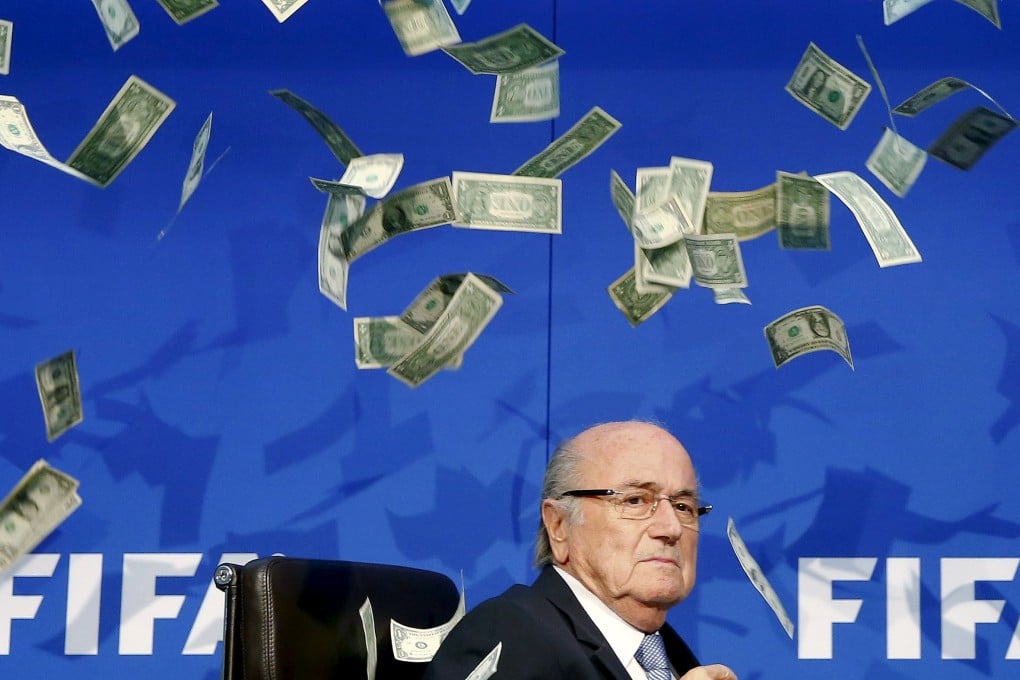Sepp Blatter's so-called reforms at Fifa lack real bite
Dan Hough says on closer scrutiny, the proposed measures to improve football governance will do little to lift the world governing body out of a serious corruption scandal

Sepp Blatter has announced how Fifa plans to improve its governance procedures and weed out corrupt practices. The ideas outlined on Monday might sound plausible, but they lack two crucial things: independent oversight and faith that those in charge of implementing reforms are really capable of carrying them through.
Fifa, the world governing body for football, is trying to move on from the worst set of scandals in its 111-year history. Fourteen current and former officials of the organisation are being investigated for a legion of alleged misdemeanours, and the great and the good within appear to realise that Fifa simply cannot carry on pretending it is business as usual. It's with that in mind that Blatter, the current president, announced a set of reforms.
He began by saying he would not stand for president when the next election for that position takes place on February 26.
The reforms themselves stem from the first executive committee meeting since a tumultuous Fifa congress in late May, and they consist of five key parts: transparency over the salaries of top executives; term limits for those executives; a task force, headed by a neutral chairperson, to investigate what further ethics reforms are needed; Fifa's 27-person executive committee will, in all likelihood, be reduced and will also be elected by the 209 national federations (not through the six regional confederations); and enhanced integrity checks are to be brought in for executive committee members.
At first glance, these moves may look reasonable and forward-thinking. But the more one analyses what they are likely to mean in practice, the less convinced one becomes that they are going to mean anything substantive. Blatter has, for example, now clearly and unambiguously stated that he will be standing down; but he still has seven months to ensure that his successor - who will be chosen by the same people who were exceptionally reluctant to get rid of Blatter in May - does not tread all over his legacy.
It is easier to be slightly more positive about bringing in transparency in terms of what Fifa officials earn and in limiting the time they may spend in office. However, if actually revealing how much the big hitters in an organisation earn is seen as a flagship reform, then that alone tells us plenty about how much else needs to be done.